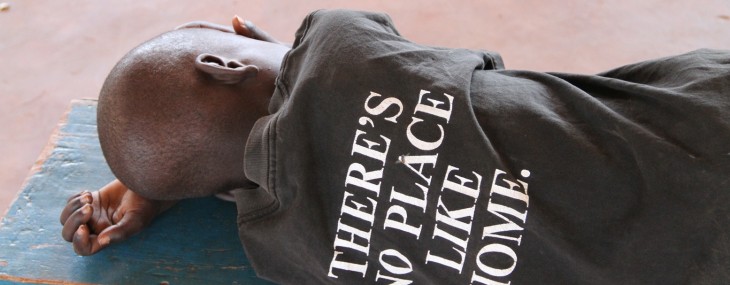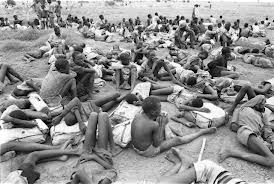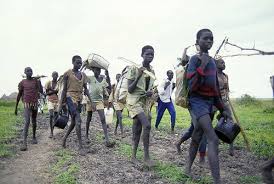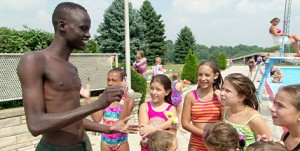“I care not for a man’s religion whose dog and cat are not better for it.”
–Abraham Lincoln
While I love reading historical biographies of remarkable people, I’m particularly fascinated to learn about things that shaped their childhoods. What’s the real story behind the familiar one? What early events, influences, relationships and turning points affected them in their youth? What were those famous people like behind the scenes when their lives seemed more ordinary? Or like Abraham Lincoln essentially asked: How did they treat the dog and the cat?
The best stories, I’ve found, were in the kids’ section of our local library. Biographers often focused on childhood tales because of their intended audience. I will never forget one story about Abraham Lincoln. With all that has been written about that great man, this account is relatively unknown. Here it is, as I remember…
It happened one summer afternoon. Young Abe and his sister, Sally, set out to play in the woods behind their rustic cabin. They headed toward a certain stream. After walking a good distance, it felt good to cool their weary feet in the flowing water. Abe suddenly noticed a good-sized fish lingering in a deeper pool. He didn’t bring a pole, but made up his mind then and there to catch that fish with his bare hands. Positioning himself, he waited patiently for the right moment.Continue reading












